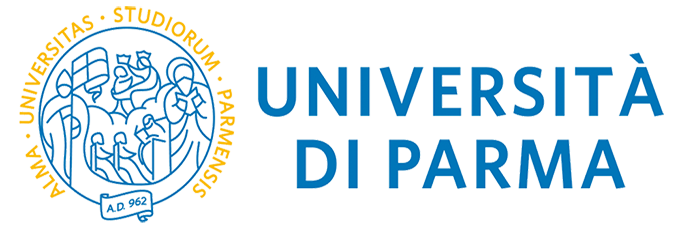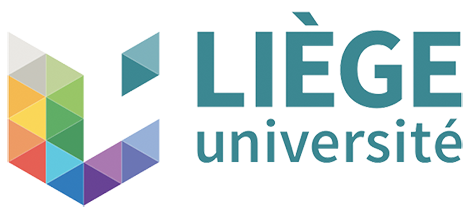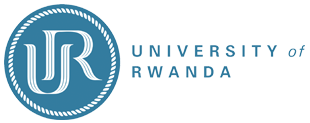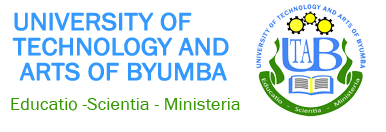Background
The EnRHEd project follows the internationalisation policies of the University of Parma and is part of the activities promoted by the University Centre for International Cooperation (CUCI). The collaboration with both European and Rwandan Higher Education Institutions is mainly based on the awareness that universities in industrialised countries can and must increasingly play a ‘locomotive’ role towards low-income countries, where the demand for qualified higher education is becoming increasingly pressing.
To understand the spirit of EnRHEd project, it is very important to tell how it was born.
Roberto Valentino, the project coordinator, went to Rwanda for the first time in August 2017, following the advice of a Rwandan friend, Mrs Enathe Marekabiri, who invited him to visit her home country.
At the time of departure, he did not know who he would meet or what he would do in Rwanda. He only knew that Fr Innocent Consolateur, a priest from Kigali, would welcome him and put him in touch with some Rwandan universities.
Fr Innocent Consolateur introduced Roberto to Fr Fabien Hagenimana, Vice Chancellor of the Institute of Applied Sciences INES-Ruhengeri. At INES, Roberto met some colleagues teaching in the program of Civil Engineering and was asked to come back for a three-week cycle of lessons.
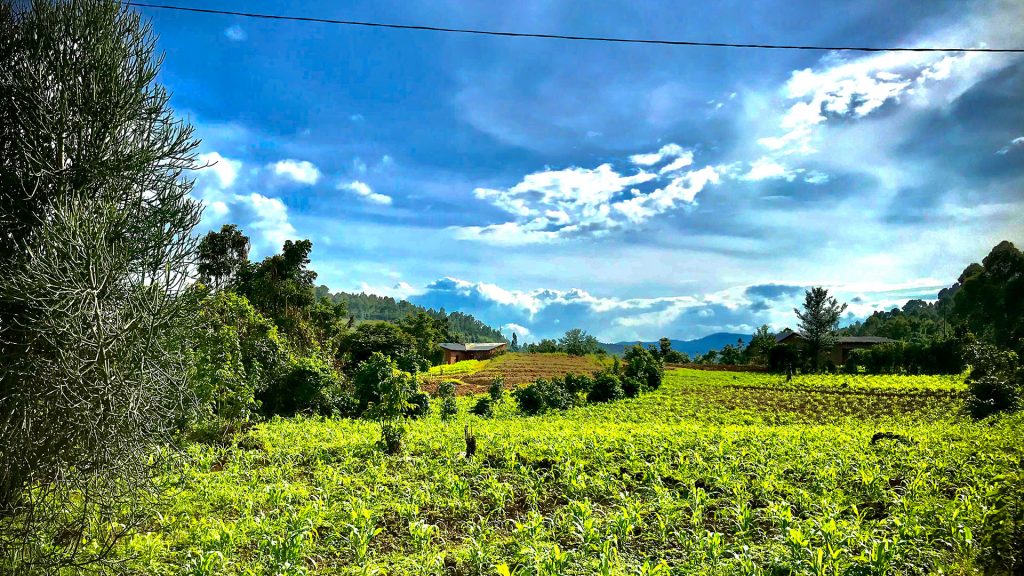
In the following months, a cooperation agreement was signed between the University of Parma and INES-Ruhengeri. In January 2018, Prof Valentino taught a class of sixty-five Rwandan students for three weeks.
The experience was so rich, both for him and for the students, that Vice Chancellor of INES invited him to return the following academic year to teach again. He returned, this time for six weeks, at the end of 2018. In that occasion, at INES he met also Luciana Stortoni and Thomas Barth from Rheinische Fachhochschule (RFH) – University of Applied Sciences of Cologne (Germany), who were there for a fact-finding mission.
In the meantime, during a visit to Italy, Fr Innocent Consolateur met some representatives of the University of Parma, among which Prof Nadia Monacelli, director of the University Centre for International Cooperation (CUCI). They all agreed to propose a second cooperation agreement between the University of Parma and the University of Rwanda. This idea passed to Ambassador Dr Charles Murigande, Deputy Vice-Chancellor in charge of Institutional Advancement at the University of Rwanda, who enthusiastically accepted the proposal.
Then, the foundations were laid for an international cooperation project, also thanks to the collaboration of other two Rwandan Institutions, such as IPRC-Musanze and UTAB, and two European universities, namely University of Liège and RFH in Cologne. In the near past, both these European universities have had similar contacts with INES-Ruhengeri and the University of Rwanda to plan cooperation activities in different fields.
The project has been built on a network of meetings and personal relationships and the “weft” has expanded in the same way to both teaching and administrative staff members of the involved Institutions, who welcomed the challenges at stake.
Description
The project aims at improving the quality and internationalization of Higher Education (HE) programmes and the qualification level of both teachers and graduated students in some leading Rwandan Higher Education Institutions (HEIs).
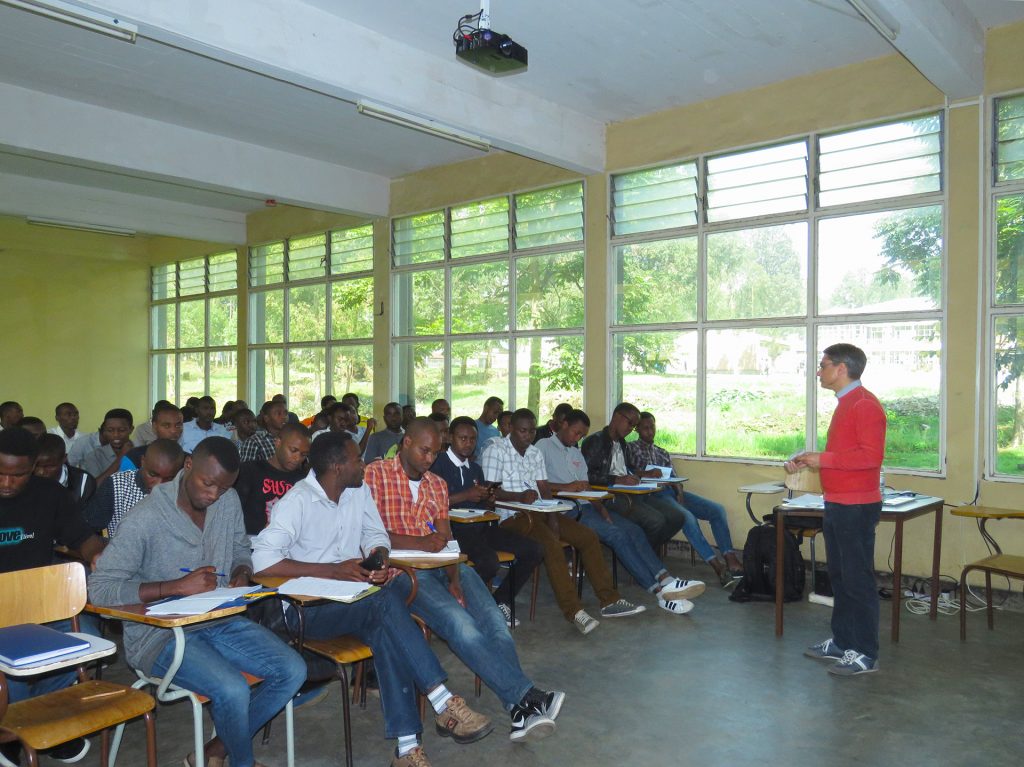
In fact, Rwandan Higher Education Institutions are facing some urgent needs today, especially concerning:
- Professional and academic development
- Knowledge transfer
- Quality Enhancement
- Learning and teaching methods
In order to train the future highly qualified teachers, professionals and experts, two main educational fields have been selected in the EnRHEd project which include most of the Sustainable Development Goals (Agenda 2030) and which are considered strategic for sustainable growth:
- Food Science and Technology (FST)
- Environmental Protection, Safety and Management (EPSM)
Finally, HEIs involved in the project also support the improvement of the so-called “knowledge triangle”, since a plethora of actions orients to reinforce links between education, research and business.
Objectives
The EnRHEd project has four ambitious objectives, to be achieved in three years (2020-2023):
- Revision of current curricula and improvement of the didactic approach through the training of teaching staff
- Set up of new Undergraduate, Master and PhD programmes
- Introduction of e-learning and technological improvement through the implementation of a virtual platform
- Promotion of internationalization of educational paths, based on exchanges that will develop in the mobility flows of Professors, Staff members and Students to and from Rwanda.
Partners
The EnRHEd project involves 7 Partners:
- University of Parma (Italy) (consortium leader) – UNIPR
- University of Liège (Belgium) – ULIEGE
- University of Applied Science of Cologne (Germany) – RFH
- University of Rwanda (Rwanda) – UR
- Institute of Applied Sciences INES-Ruhengeri (Rwanda) – INES
- IPRC Polytechnic School of Musanze (Rwanda) – IPRC
- University of Art and Technology of Byumba (Rwanda) – UTAB
Work packages
Click on work packages headers to expand description.
WP1 – PREPARATION
The preparation phase considers two tasks that are supposed to be performed:
- Kick off meeting of all partners in Rwanda and visit of educational places, classrooms and laboratories in the Rwandan HEIs
- Reconnaissance of current curricula (FST and EPSM) from Rwandan HEIs: the European team in charge will contact administrative secretariats, departments and schools of the Rwandan HEIs to collect current approved curricula
WP2 – DEVELOPMENT: Revision of current curricula and set up of new programmes
The development of the WP2 considers three tasks that are supposed to be performed:
- The team in charge of revising curricula will analyse current approved documents in order to update the programmes in the field of Food Science and Technology (FST) and in the field of Environment Protection, Safety and Management (EPSM)
- Training of Rwandan teachers and students, who will be hosted in the European HEIs to prepare teaching/learning/training materials and set up 6 new programmes in the field of Food Science and Technology (FST) and in the field of Environment Protection, Safety and Management (EPSM) that the Rwandan HEIs will activate at the end of the project
- Training of Rwandan teachers and students through courses held by European teachers and trainers in the Rwandan HEIs, in order to prepare teaching/learning/training materials and set up new programmes
WP3 – DEVELOPMENT: Training of administrative staff members in internationalisation activities
The development of the WP3 considers one important task that is supposed to be performed: staff members in charge of internationalisation activities from all Rwandan HEIs will have hosted at the University of Parma (Italy) for a training period in order to improve their internationalisation practices.
WP4 – DEVELOPMENT: Digital infrastructures
The development of the WP4 considers four tasks that are supposed to be performed:
- Purchase of digital equipment, software and devices needed to facilitate e-learning, connection between all HEIs and internationalization at home
- Design of the digital infrastructures
- Building and activation of the virtual platform in order to share teaching/learning materials, attending distance classes, carry out a virtual internship
- Testing the virtual platform
WP5 – QUALITY PLAN
The quality plan considers three tasks that are supposed to be performed:
- Self-evaluation: the responsible of each Partner of the project will meet by videoconference, at least once a month, to take stock of the carried out activities, discuss problems, assess progress and guide further work.
- Self-evaluation: every six months, the project will be subject to control by the Evaluation Board of the University of Parma, which is the competent in-house body in evaluation and assessment activities. For the purposes of its operation, the Evaluation Board makes use of the technical and administrative support of the Organizational Unit (O.U.) – Management Control at the Univerity of Parma.
- External evaluation: the external evaluation of the activities and achievements will be assigned to independent experts to whom the interim report and the final project will be submitted.
WP6 – DISSEMINATION & EXPLOITATION
The dissemination & exploitation considers four tasks that are supposed to be performed:
- Organization of 1-day Workshop in Europe (hosted by the University of Parma) oriented to present the whole project and the work in progress and to identify the particularities of the local needs in relation to the implementation of the national and international directives
- Organization of 1-day Workshop in Rwanda (hosted by the University of Rwanda) focused to present the project results to potential public international stakeholders
- Set up of the project web site, supposed to be updated once a month
- Planning and updating of all dissemination actions (for instance Twitter, Facebook, YouTube)
WP7 – MANAGEMENT
The whole development of project activities needs to be directed by a lead organization (University of Parma), since the administrative management of the project is needed for the entire project period. The University of Parma will assume the responsibility of connecting different partners, organizing activities, checking deadlines, checking quality, administrative practices.
Timeline
Starting date
15/01/2020Kick-off meeting (WP1)
17/02/2020Revision of current curricula (WP2) + Digital equipment: purchase and installation (WP4)
30/09/20201st WORKSHOP AT UNIPR (WP6)
30/11/2020External evaluation
01/06/2021Set up new programmes (WP2) + Set up/test virtual platform (WP4)
30/09/2021Activation of new programmes (WP2)
01/09/20222nd Workshop in Rwanda (WP6)
30/11/2022Final evaluation (WP5)
15/01/2023
